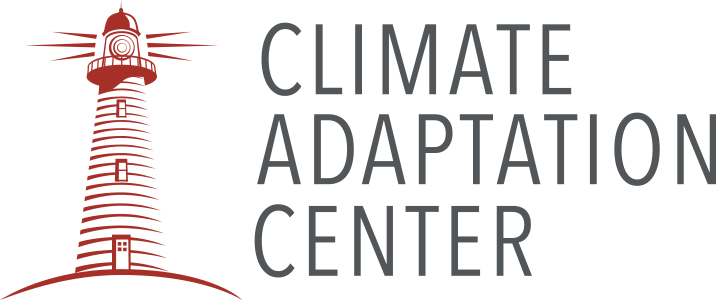Florida’s natural systems are some of the most unique — and most threatened — in the world. Nowhere is this more visible than in the Everglades, where climate change is steadily reshaping the “River of Grass” and the coastal ecosystems it feeds.
At our 5th Annual Florida Climate Forecast Conference on November 13, Dr. Pam Soltis of the University of Florida Biodiversity Institute will guide us through this critical story in her talk, “From the Everglades to the Gulf: How Climate Change is Reshaping Florida’s Ecosystems.” Her message is timely: the health of the Everglades is tied directly to the health of our coasts, fisheries, and communities.
Rising seas are already pushing saltwater inland, changing freshwater flows, and squeezing marshes between the ocean and human development. This isn’t a distant future — it’s happening now. Saltwater intrusion is contaminating drinking water wells in South Florida and threatening freshwater species that keep the Everglades functioning. As salinity rises, habitats convert from sawgrass marsh to mangrove or open water, endangering species like the Cape Sable seaside sparrow.
The stakes are high, but Florida is also home to one of the most ambitious ecosystem restoration efforts in the world: the Comprehensive Everglades Restoration Plan (CERP). By restoring more natural freshwater flow and storing water during the wet season, these projects slow saltwater intrusion, reduce wildfire risk, and keep the Everglades acting as a massive carbon sink — a key climate benefit for everyone.
Science is giving us new tools to meet these challenges. Improved hydrologic models and adaptive water-management strategies are helping agencies adjust restoration targets as rainfall, drought, and sea-level projections evolve. Along our coasts, scientists have documented that mangrove forests reduce hurricane storm-surge losses by tens of millions of dollars annually, proving that nature-based solutions can deliver real economic protection.
The message is clear: protecting the Everglades is not just about saving an ecosystem — it’s about safeguarding Florida’s water supply, fisheries, tourism economy, and storm resilience. From the interior marshes to the Gulf of Mexico, our future depends on keeping these systems connected and healthy.
At CAC, we believe adaptation starts with understanding. Join us November 13 to hear from experts like Dr. Soltis and to learn how Florida can keep its ecosystems — and communities — thriving in a changing climate. Together, we can turn knowledge into action.

